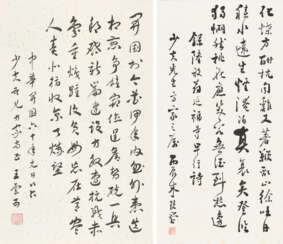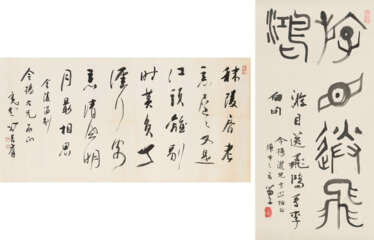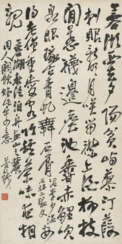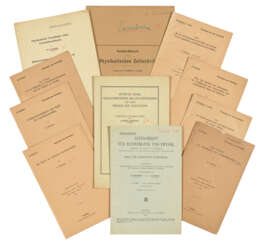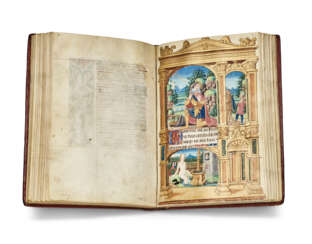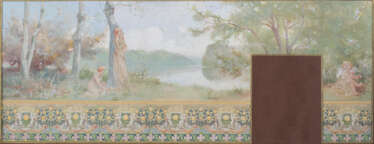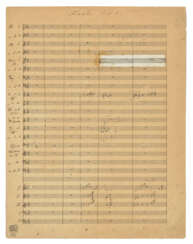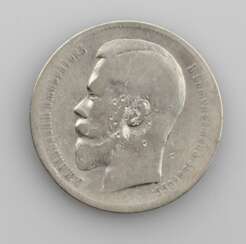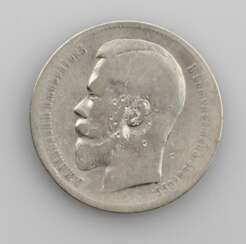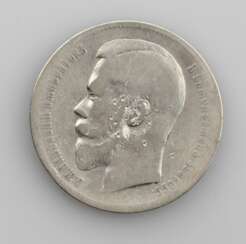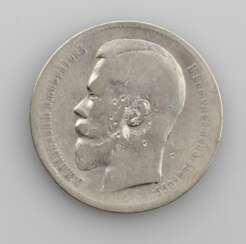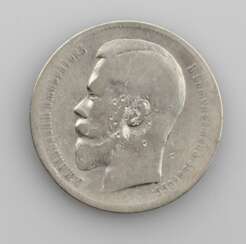cal. 66


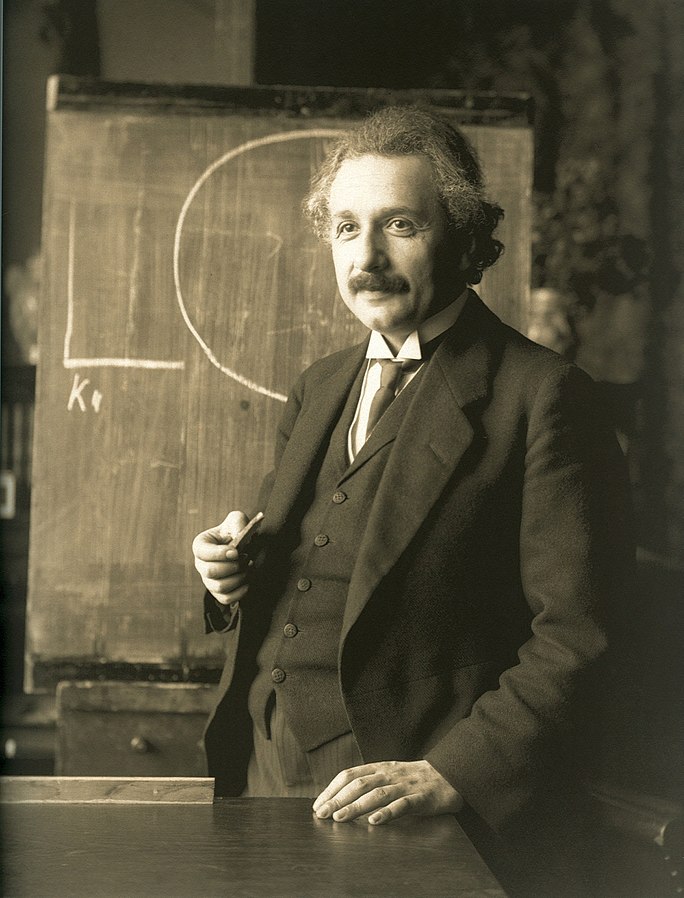
Albert Einstein was a German-born theoretical physicist, widely acknowledged to be one of the greatest and most influential physicists of all time. Einstein is best known for developing the theory of relativity, but he also made important contributions to the development of the theory of quantum mechanics. Relativity and quantum mechanics are together the two pillars of modern physics. His mass–energy equivalence formula E = mc2, which arises from relativity theory, has been dubbed "the world's most famous equation". His work is also known for its influence on the philosophy of science. He received the 1921 Nobel Prize in Physics "for his services to theoretical physics, and especially for his discovery of the law of the photoelectric effect", a pivotal step in the development of quantum theory. His intellectual achievements and originality resulted in "Einstein" becoming synonymous with "genius".



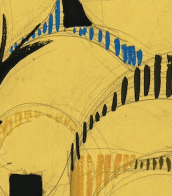
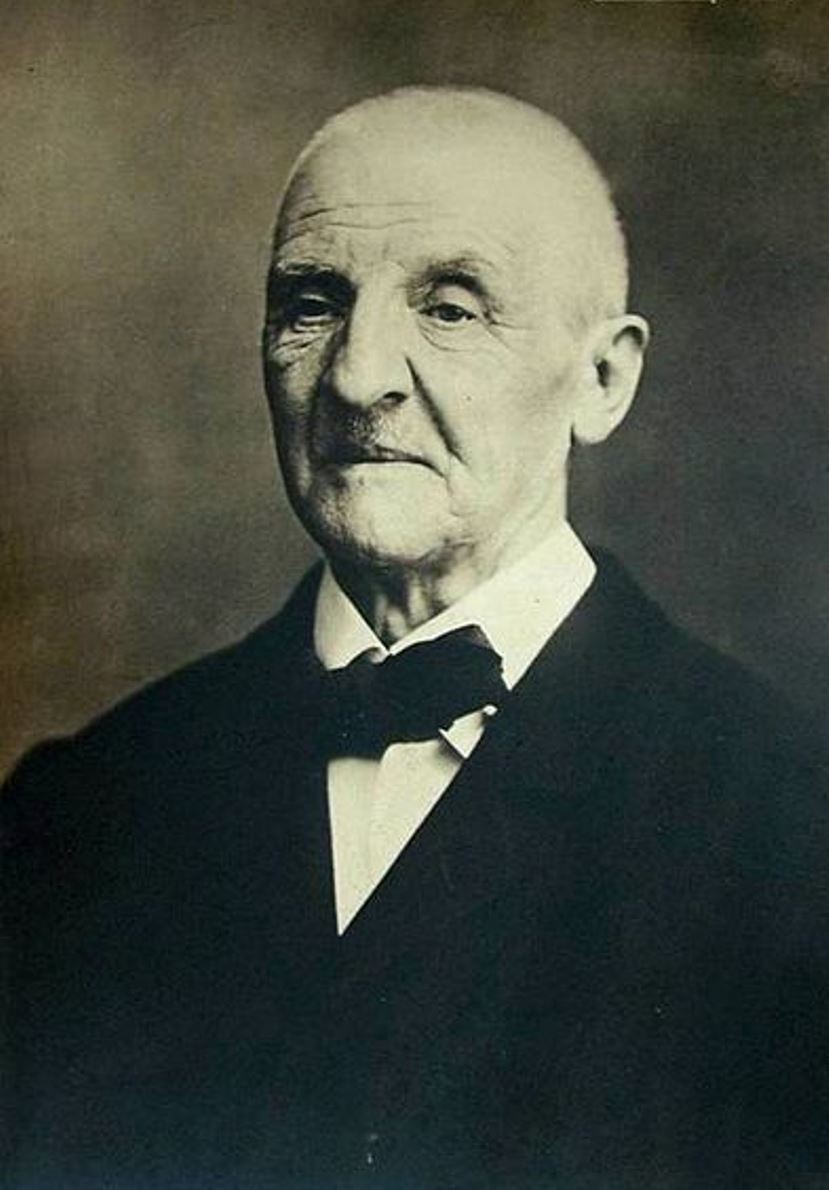
Anton Bruckner, full name Joseph Anton Bruckner, was an Austrian composer, organist and music educator.
Bruckner was born into a poor family, which prevented him from receiving an education suited to his musical talent. His father taught him to play the violin and organ, and he worked as a teacher and organist for many years. Already after the age of 30, he began composing organ and choral works, including the Solemn Mass (1854). In 1855 he became organist at Linz Cathedral and took a five-year course in harmony and counterpoint with the Viennese teacher Simon Sechter. A little later Bruckner studied orchestration with Otto Kitzler, who in 1863 introduced him to the music of Wagner - a powerful impetus for him to begin composing significant compositions.
After moving to Vienna in 1686, Bruckner taught at the Conservatory and the University of Vienna and composed at the same time. Over the next 28 years he wrote most of his famous works: symphonies Nos. 2-9, a string quintet and the Te Deum. But it was not until the premiere of his Seventh Symphony in Leipzig in 1884 that he received the recognition he deserved. Until his death, he continued to compose new works and rework his earlier works.
Anton Bruckner was an outstanding virtuoso organist and a superb teacher. His symphonies are often considered symbolic of the final phase of Austro-German Romanticism, and he also composed much sacred secular choral music and chamber works.













